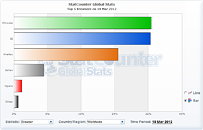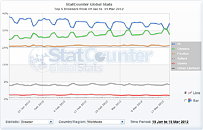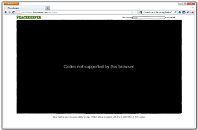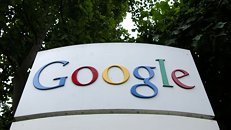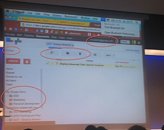
Kingston Expands Device Support for Wi-Drive
Kingston Digital, Inc., the Flash memory affiliate of Kingston Technology Company, Inc., the independent world leader in memory products, today announced an update enabling browser support for Wi-Drive. The update allows multiplatform wireless streaming of data to any Wi-Fi enabled mobile device via a Web browser. The feature will be included in future shipments and all current owners of Wi-Drive can update their own device.
This expansion of device support allows a mixture of users' preferred mobile devices to simultaneously access and share content on the Wi-Drive. With integrated Wi-Fi and four hours of battery life, Kingston Wi-Drive offers great pocket-sized portable storage (up to 64GB) and easy file sharing for any Wi-Fi device including Apple iPad, iPhone, iPod touch, Android devices, Kindle Fire and more.
This expansion of device support allows a mixture of users' preferred mobile devices to simultaneously access and share content on the Wi-Drive. With integrated Wi-Fi and four hours of battery life, Kingston Wi-Drive offers great pocket-sized portable storage (up to 64GB) and easy file sharing for any Wi-Fi device including Apple iPad, iPhone, iPod touch, Android devices, Kindle Fire and more.















